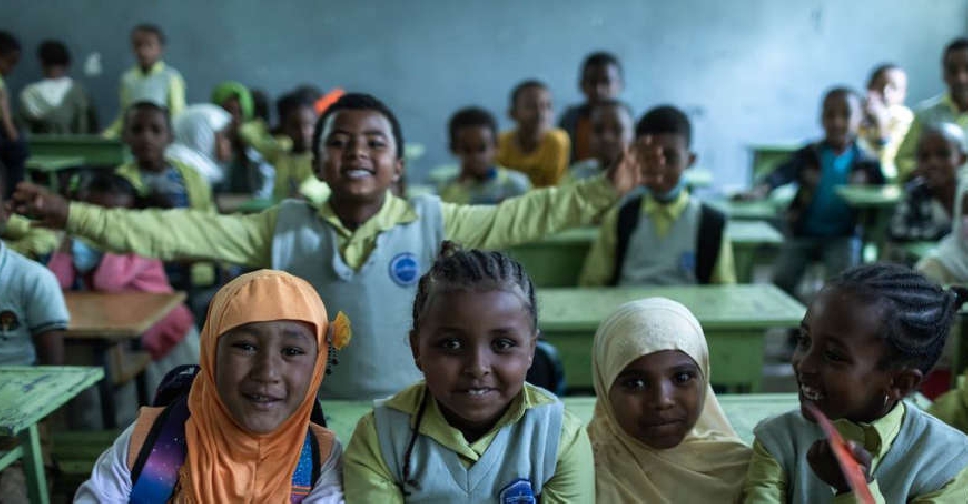
A new UNESCO (UN Educational, Scientific and Cultural Organisation) report called for an urgent review of financing, as without the US$97 billion (AED 356 billion) in extra funding, a range of countries will fail to meet their 2030 national education targets.
The paper “Can countries afford their national SDG4 benchmarks?” by the Global Education Monitoring (GEM) Report of the UN Educational, Scientific and Cultural Organisation (UNESCO) was written as input for the spring meetings of the World Bank and the International Monetary Fund (IMF).
It focused on Goal 4 of the 2030 Agenda for Sustainable Development, which aims to ensure inclusive and equitable education and promote lifelong learning opportunities for all.
Findings showed that the education sector would need an injection of funds if countries were to meet their targets.
New strategies needed
In addition to mobilising additional resources, strategies are needed to increase the effectiveness of funding.
The largest financing gap is in sub-Saharan Africa, with US$70 billion (AED 257 billion) per year. The region has the furthest distance to travel, with 20 per cent of primary school-age children and almost 60 per cent of upper secondary school-age youth not in school.
Around one-third of the gap could be filled if donors fulfilled their aid commitments and prioritised basic education in the poorest countries.
Wanted: More teachers
Other key findings emphasise that costs include the need to triple the number of pre-primary teachers in low-income countries and double them in lower-middle-income countries by 2030. In addition, the number of primary school teachers needs to increase by nearly 50 per cent in low-income countries.
While the full impact of COVID-19 pandemic disruptions remains unknown, the report found that costs also include making up for massive learning losses that exacerbated the pre-existing learning crisis. Only half of children and adolescents are now prepared for the future, having completed their education and with minimum proficiency in reading.
Meanwhile, two-thirds of low and lower-middle-income countries cut their public education spending in the first year following the onset of the pandemic in 2020.




 US starts collecting Trump's new 10% tariff
US starts collecting Trump's new 10% tariff
 Nasdaq set to confirm bear market as Trump tariffs trigger recession fears
Nasdaq set to confirm bear market as Trump tariffs trigger recession fears
 Dana Gas and Crescent Petroleum exceed 500M boe in Khor Mor field
Dana Gas and Crescent Petroleum exceed 500M boe in Khor Mor field
 China to impose tariffs of 34% on all US goods
China to impose tariffs of 34% on all US goods




